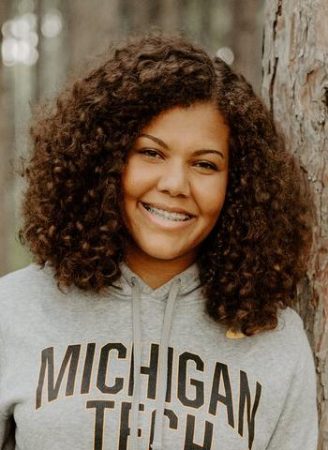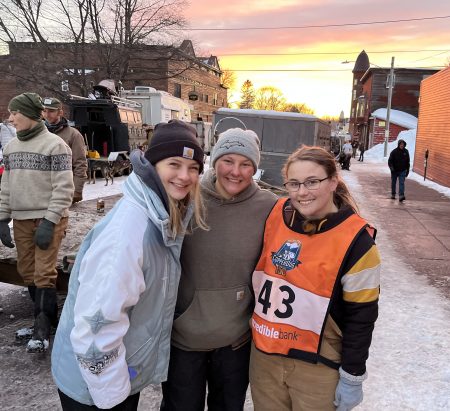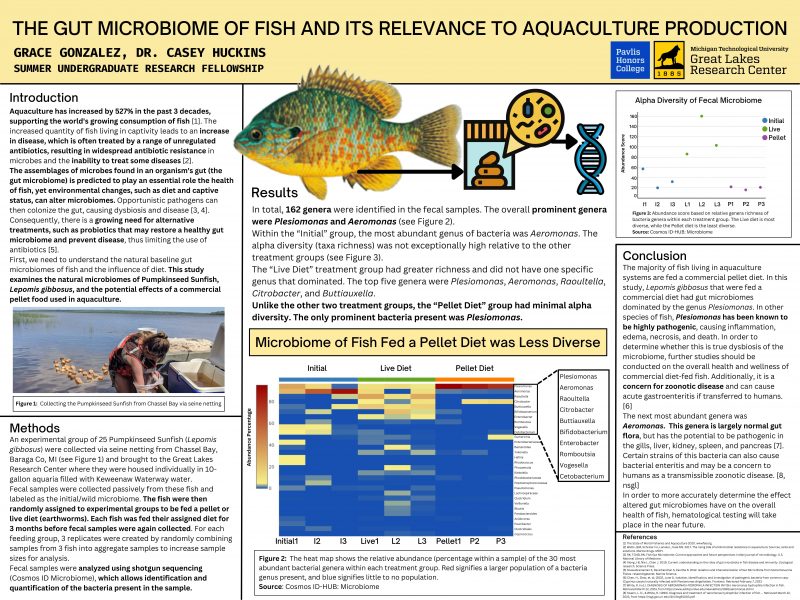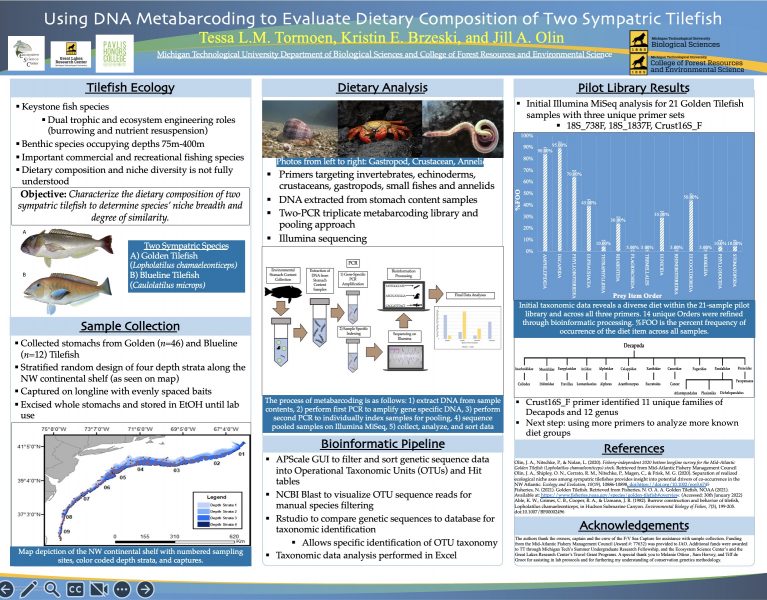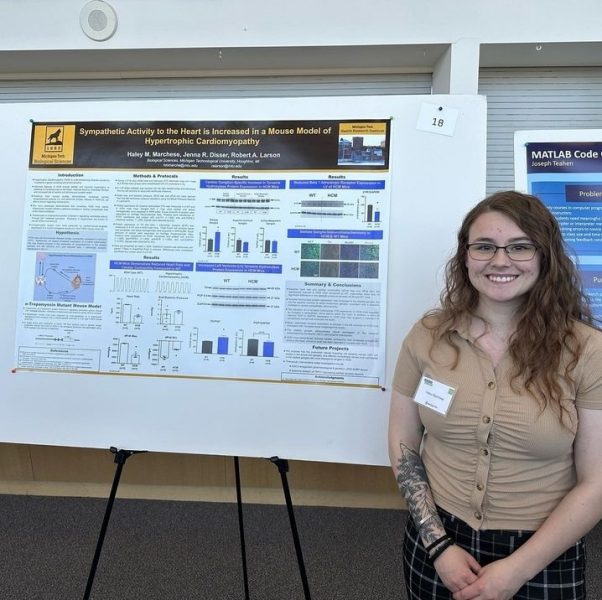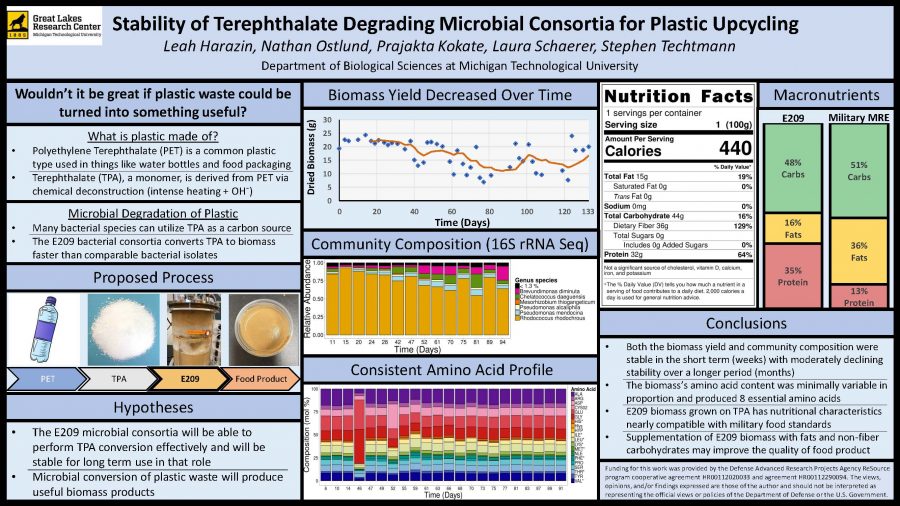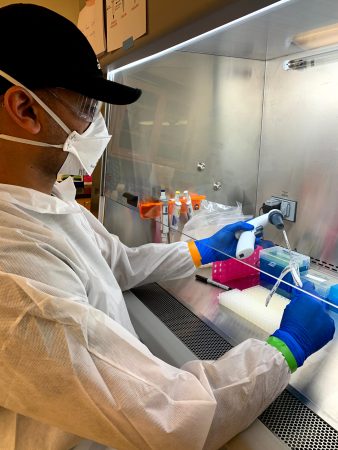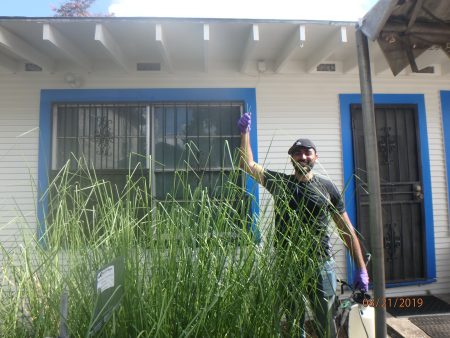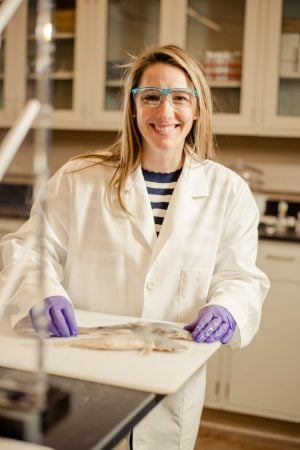Several students in our department were recipients of the 29th Annual Student Leadership Awards this year in recognition for their truly incredible accomplishments! Please join us in congratulating them!
Student Employee of the Year:
Enioluwa Wright
Human Biology with a Pre-Health minor
Rising Star of the Year:
Riley Stichter
Human Biology with Pre-Health and Public Health minors
Department Scholar:
Haley Marchese
Medical Laboratory Science with a Pre-Health minor
The keynote speaker, Dr. Jessica Thompson (Thoresen) ’12 (B.S., Biological Sciences), was also recognized as the recipient of the 2023 Outstanding Young Alumni Award.
More information about the awards and the recipients can be found on the Student Leadership Awards webpage. We also invite everyone to save the date for the 30th Annual Student Leadership Awards Ceremony, which will be held April 12, 2024, in the MUB Ballroom.

